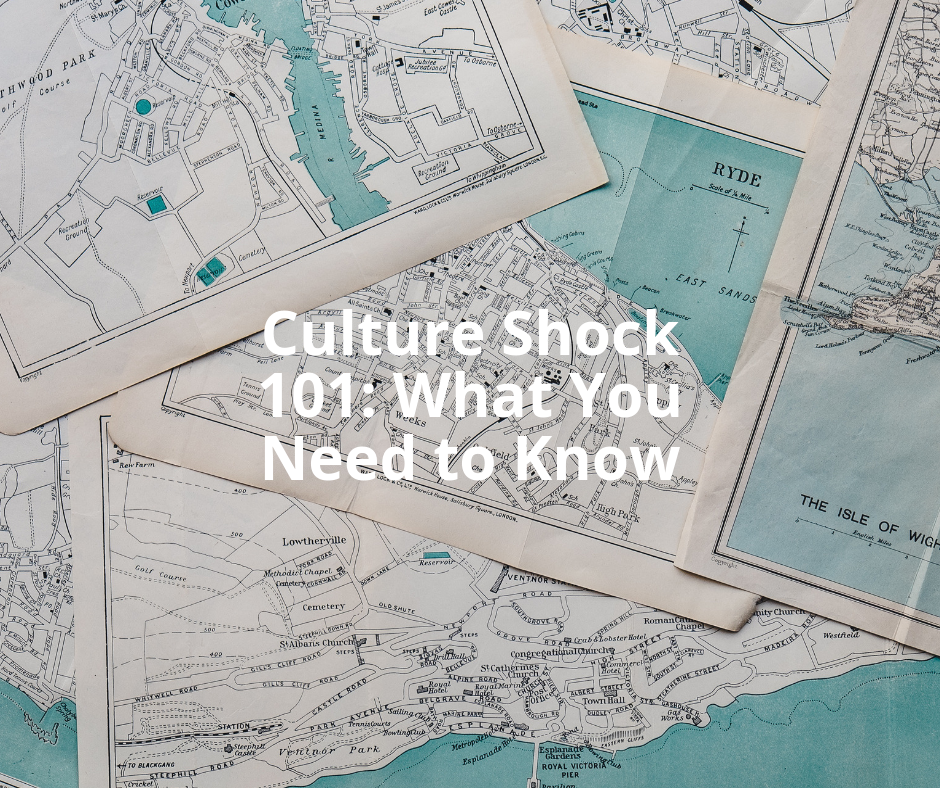- 2020 (16)
- July (3)
- June (1)
- March (3)
- February (5)
- January (4)
- 2019 (10)
- December (1)
- November (1)
- October (3)
- September (1)
- August (4)
- 2018 (2)
- March (1)
- February (1)
- 2017 (8)
- October (1)
- September (2)
- July (1)
- June (1)
- May (1)
- April (1)
- March (1)
- 2016 (4)
- November (1)
- June (1)
- February (1)
- January (1)
- 2015 (5)
- December (2)
- May (1)
- March (1)
- February (1)
- 2014 (10)
- November (1)
- September (1)
- August (1)
- May (1)
- April (2)
- February (2)
- January (2)
- 2013 (12)
- December (1)
- November (2)
- October (1)
- September (1)
- May (3)
- March (2)
- February (2)
- 2012 (22)
- December (2)
- November (1)
- October (3)
- August (2)
- July (1)
- May (2)
- April (2)
- March (3)
- February (2)
- January (4)
- 2011 (32)
- December (1)
- November (4)
- October (4)
- September (2)
- August (3)
- July (2)
- June (4)
- May (4)
- April (3)
- March (5)
- 2010 (3)
- December (3)
Articles
As you’re preparing to join us in Prague in just a few short weeks, the term, “culture shock” may come to mind. Culture shock is part of the process of adapting to a new culture and emotions can range from excitement to frustration, interest to fear. Any of these and more are completely normal responses to the unfamiliar surroundings and major lifestyle changes that come with your big move abroad.

Symptoms of culture shock
Culture shock manifests differently in each individual and the severity and duration of symptoms also vary. Students may experience boredom, withdrawal, feelings of extreme homesickness or isolation, hyper-irritability, sleep and eating disturbances, or the urge to stereotype your host culture. Obviously this isn’t a finite list, but know that what is happening is normal and part of the adjustment to life abroad. Often these symptoms pass as you become more immersed, but can flare during times of stress or exhaustion.
What to do about it
There are several steps you can take on your own to minimize the symptoms and shorten the duration of culture shock. Take the time to find the ways that work for you.
Make an effort to learn the local language. UPCES offers students the opportunity to learn Czech and former students often say that being able to express themselves in day-to-day situations made a huge difference.
Set goals for each week and your larger study abroad experience. What do you want to learn about your host culture? What foods do you want to try? What places do you want to visit in Prague or the Czech Republic? Making a list and sticking to it keeps you from hiding out in your dorm room and will expose you to new perspectives.
Talk to your fellow students about how you’re feeling. Many students claim that they feel like they’re the only one who’s struggling with culture shock, but that’s almost never the case. Speak up about what you’re going through and you’ll be surprised at how many of your colleagues will say, “I’ve been feeling the same way.” You’ll probably find some new friends too!
Don’t forget your coping mechanisms from home. Do you run to relieve stress? Lace up your sneakers and find a trail. Are you an avid reader? Take your book to one of the many cafes in Prague. Be sure you’re eating well and sleeping enough to minimize stress.
What not to do
While it’s tempting, avoid sitting in your room and scrolling through Facebook. Fear of missing out is real, but don’t let it derail your experiences here. The things happening at home are not better or worse than things happening in Prague—they’re just different. So choose to be present and enjoy the rich culture around you for the short time you can.
We’re here to help
While we often encourage our students to continue to engage with their new culture through UPCES trips, activities and courses, UPCES staff members have all experienced living and traveling in new cultures and understand the challenges that come with it. Our offices operate with an open-door policy and students are 100% welcome to come talk to us at any time. Furthermore, if students have mental health concerns during their semester, UPCES provides counseling services through the City Practice. Don’t hesitate to contact our office about whatever help you may need and we’ll be happy to listen and connect you with whatever services or professionals you might need.
Do you have any tips and tricks for dealing with culture shock? We’d love to hear them from you so we can anonymously share them with future students.







